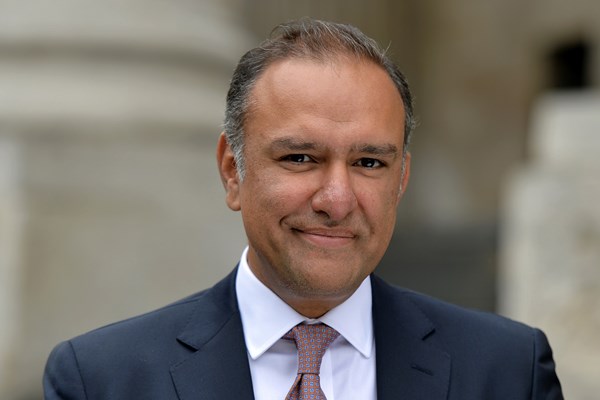13 March 2017
2016 was the year which gave us Brexit, Donald Trump’s victory to become President Elect, and a host of well documented and well known societal figures passing away.
Alongside these headline grabbing events, the asset management industry has also entered a period of irreversible change. A new report from Casey Quirk suggests:
i) Organic growth will slow by < 1% by 2021
ii) Annual Revenue Growth will fall 2.9% from 6%
iii) Median profit margins will drop to 28% from 34%
In this article we look at some of the factors driving change and the responses required for future success.
Factors for change:
1) New buyer demands - Increased focus on Outcome orientated products.
Historically, larger, more complex, Institutional fund buyers have set the agenda for innovation within the industry. However the increasing recent shift towards Individual fund buyers has meant a more aggressive need for non-benchmark driven, outcome orientated products to deliver Capital Preservation and Income.
2) Scepticism regarding active management
Over the next 5 years, 43% of the industry’s net new assets will find their way into passively managed portfolios. Average performance of active managers net of fees in recent years; wider information availability, which makes alpha increasingly elusive; and increasing press scrutiny regarding value for money in asset management have all increased scepticism towards active management.
3) Disruptive technologies
Disruptive technologies have already changed the asset management industry’s value chain. Robo-advice has dominated discussions, but a wide variety of technology improvements are reducing the cost of distribution industrywide. Better data management has streamlined fund sales, and advances in automation of accounting and client management are making distribution more efficient.
4) Fiduciary-driven regulation
As consumers are increasingly able to directly access Asset Management products without the need for intermediaries, so the level of centralised government regulation has grown. Outside the US, MIFID will lead to far closer scrutiny on profit margins and a contraction in the number of fund vendors is likely.
What response is required from the Asset Management community?
Casey Quirk, in their recent Whitepaper argue that 5 responses are broadly required for Asset Managers to survive and thrive:
i) Optimise Resource Allocations – A shift is needed for many of the somewhat disparate, wide ranging firms with a variety of sub-scale businesses and funds which weaken profitability as fee levels are compressed. Leaders able to prioritise key performance areas and look to build and grow these franchises while at the same time scaling back others will create successful and more efficient businesses.
ii) Streamline Operations – Significant operational reviews, rationalising duplications and substantive technology spend in many cases, will be needed for a robust streamlined Operational framework.
iii) Differentiate Investment Capabilities – Asset Managers will need to further document investment process, reiterate their governance process and articulate strategy outcomes in order to thrive. Many of the legacy benchmark driven products of old are poorly understood by end consumers.
iv) Digitise Distribution – Investing in technology enabling increasing connectivity with non-intermediated clients will enable Asset Managers to possibly control more of the value chain. Digital Marketing, Field Management, Investment Information Delivery and Data Acquisition are all set to be areas of key focus and growth.
v) Build a consumer orientated Fiduciary Brand – As individual investors demand more customized outcomes based on each of their individual cash flow needs, customer satisfaction about outcome delivery will become as important as relative benchmark performance. Asset Managers will need to be fully committed to building trust, innovation of both product and customer experience, fair pricing and transparency.
Implications for leadership talent:
The factors above and responses required point to firm wide leadership that is able to establish and maintain consumer confidence, trust and loyalty. Arguably there will be an increased premium on strategic ability, particularly knowledge of differing operating models and in some cases industry experience.
What has become clear through our conversations is that leaders with the following characteristics are in constant demand from a range of Asset Managers:
- Strategic ability to streamline operating model
- Strong understanding of changing client base and demands
- Ability to harness technology to underpin distribution
- Strong delivery of a clear firm wide message and branding to instil consumer trust
Based on ongoing conversations with current and future leadership talent within the Global Funds Industry we remain confident that these challenges can be embraced and surmounted resulting in firms not just surviving but thriving.
